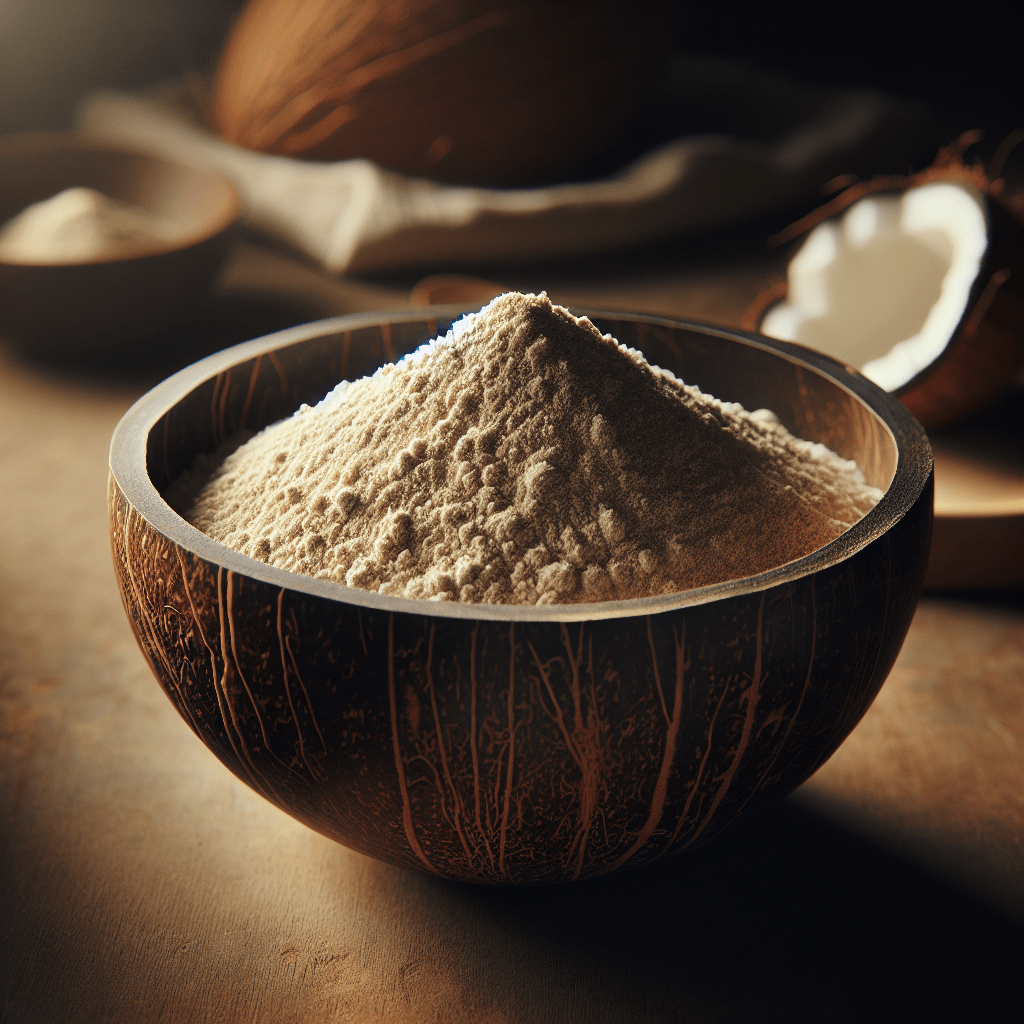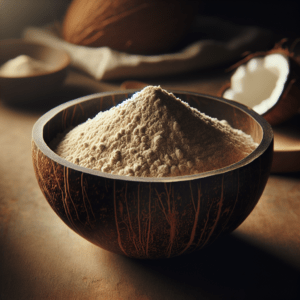Understand the possible side effects of psyllium husk and when to consult a doctor.
While psyllium husk is generally safe for most people, it can cause side effects in some cases, such as bloating or gas. This article outlines the potential side effects, advises on proper dosage, and discusses when it might be necessary to consult a healthcare professional before starting supplementation.
Potential Side Effects of Psyllium Husk
Psyllium husk is a popular dietary supplement known for its numerous health benefits, including promoting digestive health, managing cholesterol levels, and aiding in weight management. However, like any other supplement, it is important to be aware of potential side effects that may arise from its use. While psyllium husk is generally safe for most people when taken in appropriate amounts, some individuals may experience adverse reactions. It’s important to understand these potential side effects to make an informed decision about incorporating psyllium husk into your daily routine.
1. Gastrointestinal Discomfort:
One of the most common side effects of psyllium husk is gastrointestinal discomfort, including bloating, gas, and abdominal cramping. This is often due to the high fiber content of psyllium husk, which can lead to increased gas production and intestinal discomfort, especially when first starting to use the supplement. To minimize these effects, it is recommended to start with a small dose of psyllium husk and gradually increase the amount over time as your body adjusts to the increased fiber intake.
2. Allergic Reactions:
While rare, some individuals may be allergic to psyllium husk, leading to symptoms such as itching, hives, swelling, or difficulty breathing. If you experience any of these symptoms after taking psyllium husk, it is important to discontinue use immediately and seek medical attention. If you have a known allergy to other plants in the Plantago genus, such as plantain, it is especially important to exercise caution when using psyllium husk.
3. Choking Hazard:
Psyllium husk is a highly absorbent fiber that can swell and become gel-like when mixed with liquids. If not consumed with an adequate amount of water or other fluids, psyllium husk can potentially cause choking or blockage in the throat or esophagus. It is crucial to follow the recommended guidelines for consuming psyllium husk and always drink plenty of water when taking the supplement to ensure it passes through the digestive tract safely.
4. Medication Interactions:
Psyllium husk may interact with certain medications, potentially reducing their effectiveness or interfering with their absorption. If you are taking any prescription medications, especially those for diabetes, cholesterol management, or blood pressure regulation, it is important to consult with your healthcare provider before incorporating psyllium husk into your routine. They can provide guidance on how to best manage your medications while using psyllium husk to avoid any potential interactions.
5. Nutrient Absorption:
Due to its high fiber content, psyllium husk has the potential to interfere with the absorption of certain nutrients, particularly minerals like iron, zinc, and calcium. If you rely on supplements or fortified foods for these nutrients, it is important to space out their consumption from psyllium husk to minimize any potential interference with absorption. Additionally, individuals with conditions that affect nutrient absorption, such as Crohn’s disease or celiac disease, should exercise caution when using psyllium husk.
6. Dehydration:
Consuming psyllium husk without an adequate amount of fluids can lead to dehydration, as the fiber absorbs water in the digestive tract. It is essential to drink plenty of water throughout the day when using psyllium husk to prevent dehydration and ensure the proper passage of the fiber through the digestive system. Failure to do so may result in constipation, blockages, or other digestive issues.
7. Impact on Blood Sugar Levels:
For individuals with diabetes or those at risk of hypoglycemia, it is important to monitor blood sugar levels when using psyllium husk. The fiber in psyllium husk can affect how the body digests and absorbs carbohydrates, potentially leading to fluctuations in blood sugar levels. If you have diabetes or are at risk of low blood sugar, speak with your healthcare provider before incorporating psyllium husk into your diet to ensure it is safe for your individual needs.
In conclusion, while psyllium husk offers numerous health benefits, it is essential to be aware of the potential side effects associated with its use. By understanding these possible reactions and taking appropriate precautions, you can safely incorporate psyllium husk into your daily routine to support your overall health and well-being. As always, consult with your healthcare provider if you have any concerns or questions about using psyllium husk, especially if you have pre-existing medical conditions or are taking medications that may interact with the supplement. With proper awareness and guidance, you can make informed decisions about the use of psyllium husk and enjoy its positive effects on your health.


